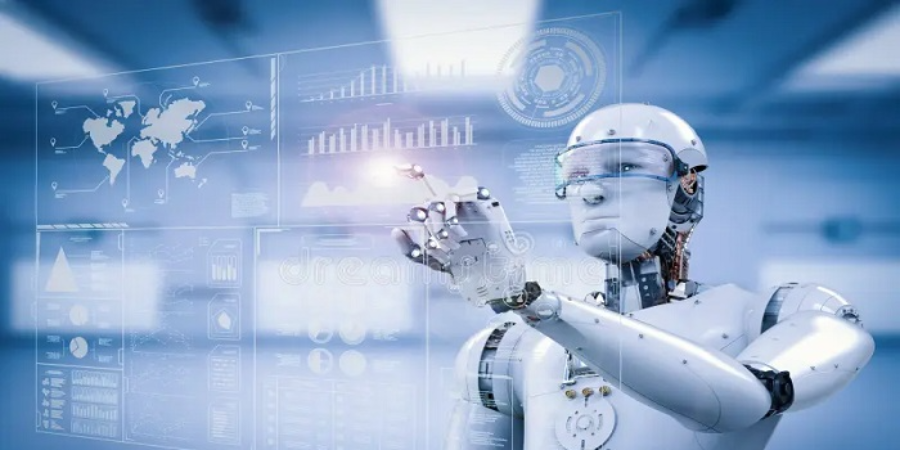

The universe of medication is on the cusp of unrest, driven by the groundbreaking force of man-made brainpower. This strong innovation is no longer sci-fi; it's quickly turning into a reality in emergency clinics and centers all over the planet. From examining clinical pictures with godlike exactness to customizing treatment plans, man-made intelligence holds the monstrous potential to work on understanding consideration and results.
One of the most astonishing uses of man-made intelligence lies in clinical diagnostics. Customary techniques frequently depend on human ability, which can be powerless to weaknesses and restrictions in handling immense information measures. Artificial intelligence calculations, then again, can resolutely break down piles of data from X-beams, X-rays, and CT examinations. This permits them to recognize unpretentious oddities that could get away from even the most experienced radiologist. Studies have shown computer-based intelligence's capacity to coordinate, however even outperforms, human execution in unambiguous undertakings, prompting prior and more precise analyses of illnesses like malignant growth, coronary disease, and neurological problems.
Nonetheless, this effect goes past basically spotting stowed-away examples in clinical pictures. It's likewise assuming a significant part in treatment arranging. By investigating a patient's clinical history, hereditary information, and current condition, computer-based intelligence can assist medical services experts with fitting therapy systems to the person. This customized approach, frequently alluded to as accuracy medication, can alter how specialists treat illnesses. Envision a future where treatment plans are not one-size-fits-all, but rather modified to expand viability and limit secondary effects for every patient.
The advantages reach out to individual patients, affecting general well-being also. Man-made intelligence can break down huge datasets of clinical records to distinguish patterns and examples in illness episodes and movement. This takes into account better general well-being intercessions, empowering proactive measures to relieve the effects of plagues and pandemics. Furthermore, man-made the speeding up the medication disclosure process. By examining complex atomic designs and distinguishing potential medication targets, man-made fundamentally decrease the time and cost related to conventional medication advancement. This converts into quicker making of additional viable meds, possibly saving endless lives.
Notwithstanding the evident advantages, it's essential to recognize the difficulties related to coordinating man-made intelligence in medical care. Information protection and security are vital worries. Guaranteeing secure capacity and mindful utilization of touchy patient information is basic. Also, man-made calculations are just as great as the information they seem to be prepared for. Tending to expected predispositions inside the preparation information is fundamental to abstaining from propagating existing imbalances inside the medical care framework.
The street ahead requires a joint effort between artificial intelligence designers, clinical experts, and policymakers. By cooperating, we can guarantee that carried out morally and mindfully, augmenting its capability to worldwide advantage patients and medical services frameworks.
As simulated intelligence proceeds to develop and get forward movement in medical services, we can expect a future where judgments are more precise, therapies are customized, and our comprehension of sicknesses is more profound than at any other time. This can change medical care conveyance, prompting work on tolerant results, decreasing medical care costs, and at last, a better populace. The eventual fate of medication is brilliant, and artificial intelligence is at the front of this intriguing excursion.
